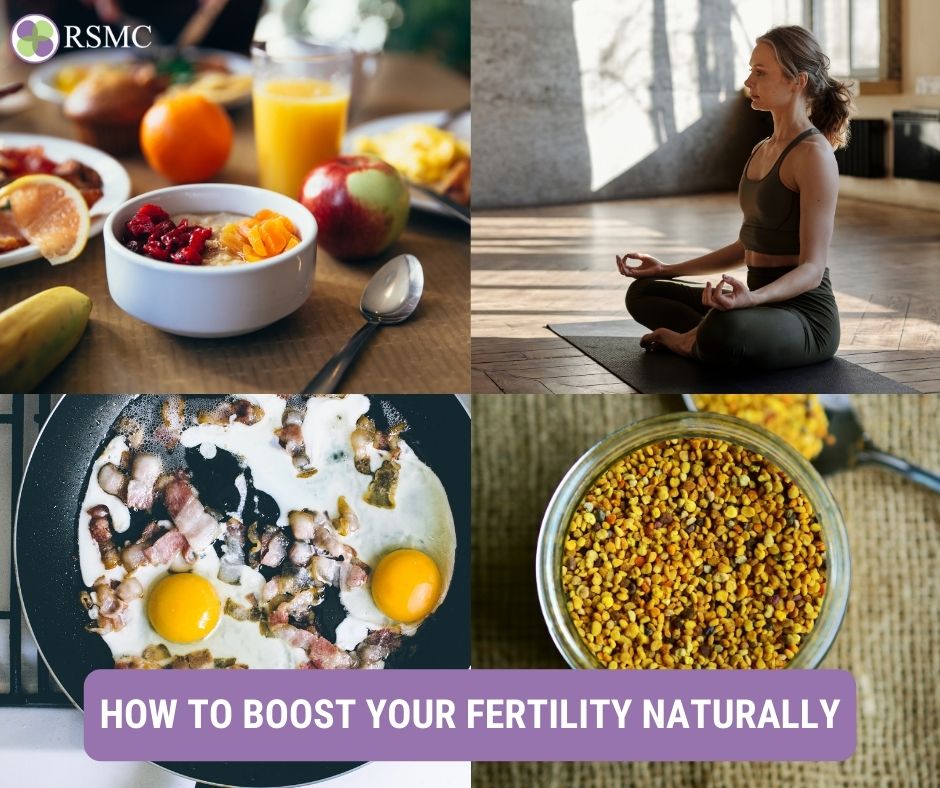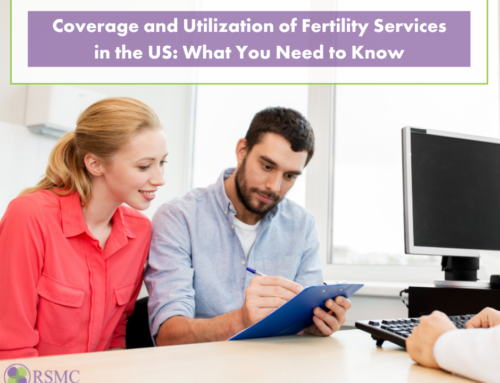One of the most common questions intended parents ask is how to boost their fertility. Sex does not always result in a pregnancy and approximately 1 in 8 couples in the US is affected by infertility. Conception is a much more complicated process.
At ovulation, a mature egg is released from the ovary and travels through the fallopian tube into the womb. If this egg comes in contact with sperm within 24 hours of being released, pregnancy is bound to occur. But at times, this may be impossible due to reasons such as:
- Improper formation embryos and sperm
- Occurrence of miscarriage due to certain diseases in the body, etc
For some women, getting pregnant can be a huge challenge. The good news is there are many natural ways to boost your fertility and increase your chances of having a baby. In the following piece, we will look at such practices you can adopt.
1. Consume antioxidant-rich foods
Foods are historically attributed to influence fertility along with overall health. Foods containing high amounts of antioxidants like zinc and folate can boost fertility in both men and women. They eliminate free radicals, which may cause severe damage to eggs and sperm.
2. Eat a big breakfast
According to a study, eating a heavy breakfast can improve the hormonal effects of polycystic ovary syndrome (PCOS) – one of the common causes of infertility. For normal-weight women with PCOS, consuming most of their daily calories at breakfast can help lower insulin levels by 8% and testosterone levels by 50%. And elevated levels of these two hormones have been associated with infertility problems.
3. Avoid trans fats
Trans fats can raise the risk of ovulatory infertility due to their negative effects on insulin sensitivity. They can be found in fried foods, margarine, baked goods, hydrogenated vegetable oils, and processed products. Therefore, it is important to stay away from these foods when trying to become pregnant.
4. Eat a low-carb diet when you have PCOS
Women with PCOS are advised not to obtain more than 45% of their total calories from carbohydrates. A low-carb diet is good for the body as it lowers insulin levels, promotes fat loss, and helps maintain a healthy weight.
5. Reduce your intake of refined carbohydrates
It’s also advisable to cut down on refined carbohydrates, as they may pose a big problem to the body. These include sugary foods, drinks, and processed grains, like rice, bread, and white pasta.
Refined carbs are quickly absorbed into the body, increasing the levels of blood sugar and insulin. Since insulin is chemically similar to some fertility hormones, consistently high insulin levels can affect the production of ovarian hormones. This can lead to a lack of egg maturation and ovulation.
6. Consume fiber-rich foods
Fiber-rich foods can help remove excess hormones and control blood sugar levels. Examples of these foods are beans, fruits, vegetables, and whole grains. Some types of fiber can help eliminate excess estrogen by combining with it in the intestine and promoting its excretion. The daily recommended amount of fiber is 31 grams for men and 25 grams for women.
7. Swap protein sources
One more way to boost your fertility is by replacing plant protein sources, such as nuts, seeds, and beans, with animal proteins like eggs, fish, and meat. According to a study, taking 5% of your total calories from animal proteins instead of plant proteins can lower the risk of ovulatory infertility by more than 50%.
Being overweight or underweight can also lower the chances of becoming pregnant, so it is very important to watch your weight when trying to conceive. Plus, try to reduce your stress, as too much stress can also lower your odds of conception.
Bottom line
Good nutrition and healthy living standards are key to a healthy reproductive system as well as other physical activities. Many studies have linked nutritious diet and positive lifestyle changes can boost fertility and benefit you to get pregnant as well as while carrying a pregnancy. Moreover, your lifestyle choice and eating habits impact sperm and egg quality within 90 days. If you’re trying for a baby, start taking healthy nutrition and lifestyle choices today.
Research on lifestyle habits and their impact on fertility is still going on and we will get you the latest updates as soon as they are available. We recommend bookmarking this blog and check for new findings regularly.
However, it’s also important to remember that foods are not the only thing that affects fertility. There are several infertility factors where nutrition and physical exercise would be simply irrelevant and correct treatment options are necessary. If you think you too are going through fertility problems, request a consultation with one of our experts to find out what diagnosis and ART are suitable for you.























